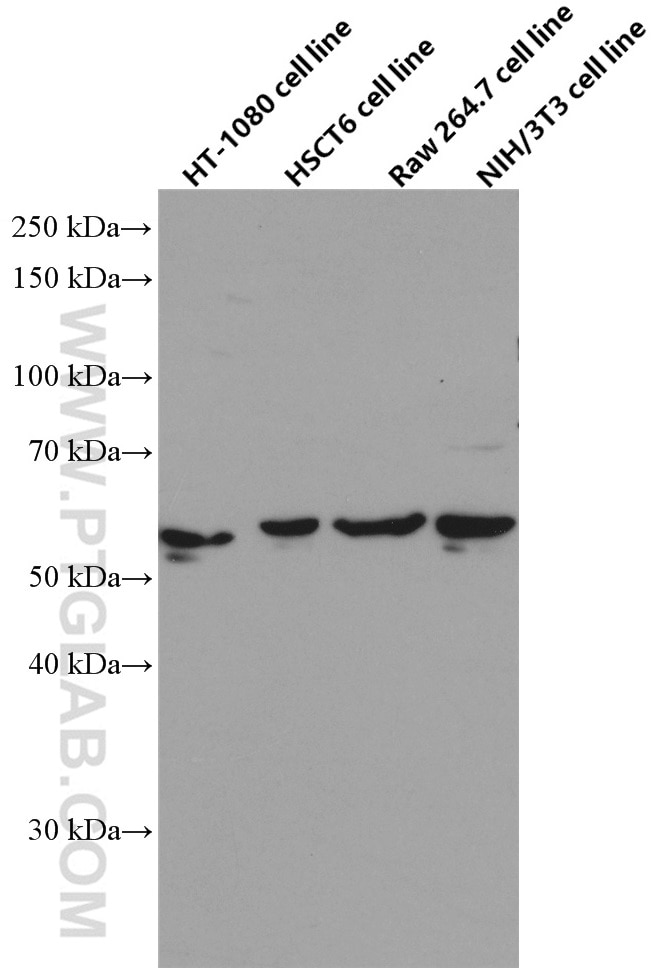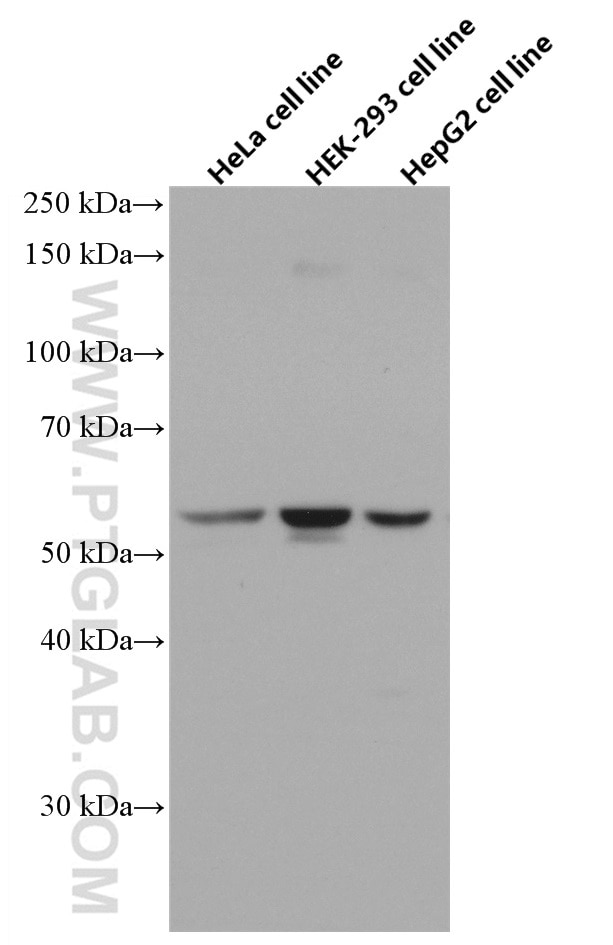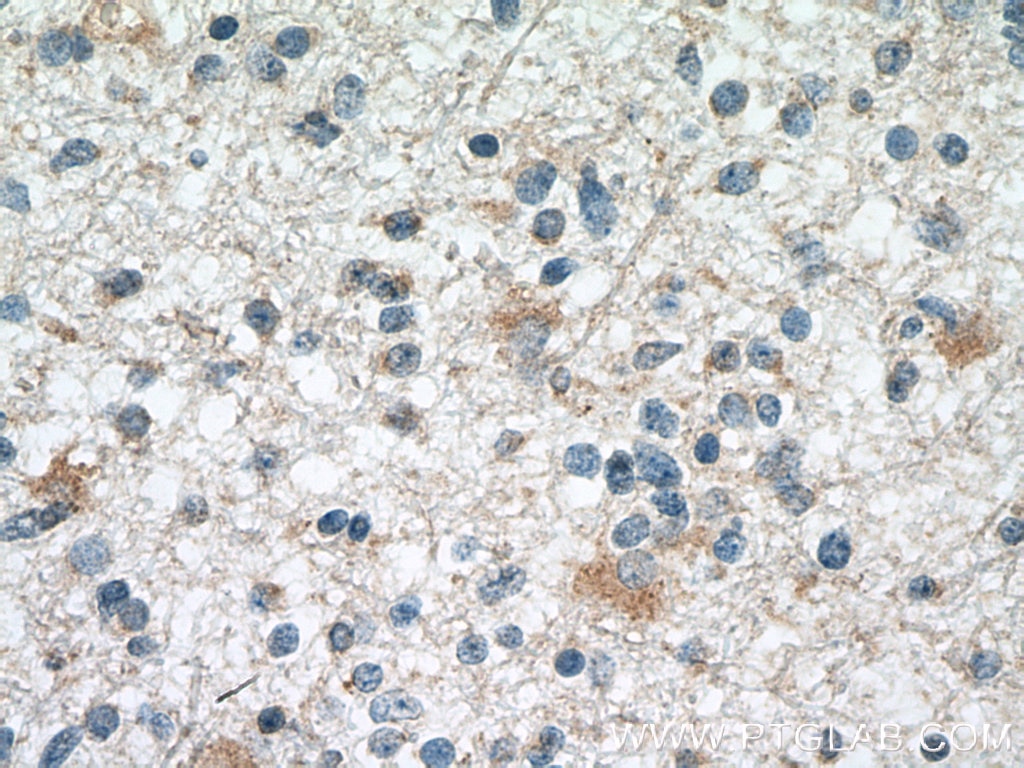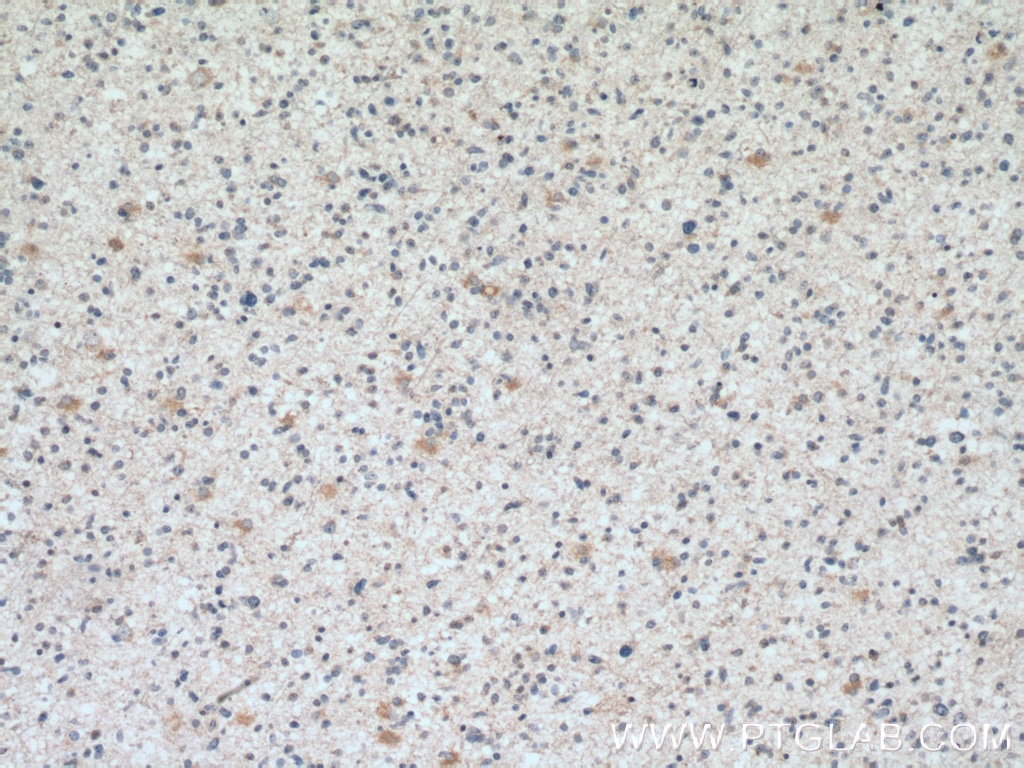Validation Data Gallery
Tested Applications
Recommended dilution
| Application | Dilution |
|---|---|
| It is recommended that this reagent should be titrated in each testing system to obtain optimal results. | |
Product Information
66559-1-PBS targets SMAD1 in WB, IHC, Indirect ELISA applications and shows reactivity with Human, Mouse, Rat samples.
| Tested Reactivity | Human, Mouse, Rat |
| Host / Isotype | Mouse / IgG1 |
| Class | Monoclonal |
| Type | Antibody |
| Immunogen | SMAD1 fusion protein Ag0701 相同性解析による交差性が予測される生物種 |
| Full Name | SMAD family member 1 |
| Calculated molecular weight | 52 kDa |
| Observed molecular weight | 52 kDa |
| GenBank accession number | BC001878 |
| Gene Symbol | SMAD1 |
| Gene ID (NCBI) | 4086 |
| RRID | AB_2881920 |
| Conjugate | Unconjugated |
| Form | Liquid |
| Purification Method | Protein A purification |
| UNIPROT ID | Q15797 |
| Storage Buffer | PBS only , pH 7.3 |
| Storage Conditions | Store at -80°C. |
Background Information
Transforming growth factor-β (TGF-β) superfamily is recognized as one of the largest families of secreted multifunctional peptides exerting different biological effects on a large variety of cell types, such as regulation of hormone secretion, stimulation of extracellular matrix formation, the inhibition of proliferation of many cell types, cell survival, bone formation, and chemotaxis for inflammatory cells. One of the most important proteins that modulate TGF-β ligand activity is the SMAD family proteins. SMAD1 is one of the receptor-activated Smads. It's also a signal transducers of BMP signaling and binds to several proteins involved in ubiquitin-proteasome system (UPS). Transcriptional modulator activated by BMP (bone morphogenetic proteins) type 1 receptor kinase



